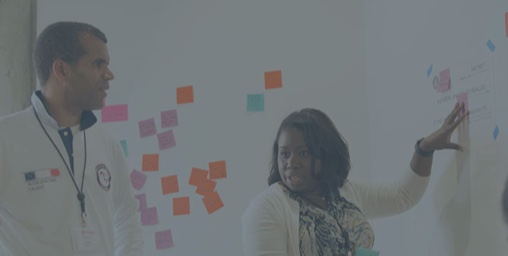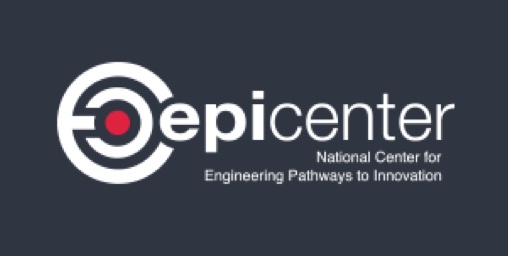
Curated Collections
Curated collections add reference materials and multimedia to your syllabus or topic discussions. They can be added as links to your course website.
Sign up for an account
Focus Areas
Stanford eCorner content is organized around four focus areas to help you navigate content and train for specific skills. We believe an understanding of the four focus areas — Innovation, Startups, Culture and Strategy — are vital to developing an entrepreneurial mindset.

Quick Takeaways
Find recent highlights on “In Brief,” where short multimedia clips, quotes and facts deliver insights quickly.

Popular Books by Core Contributors
Explore popular books on strategy, innovation, organizational culture and technology entrepreneurship written by faculty from STVP, the Stanford Engineering Entrepreneurship Center, in Stanford’s Department of Management Science & Engineering.




